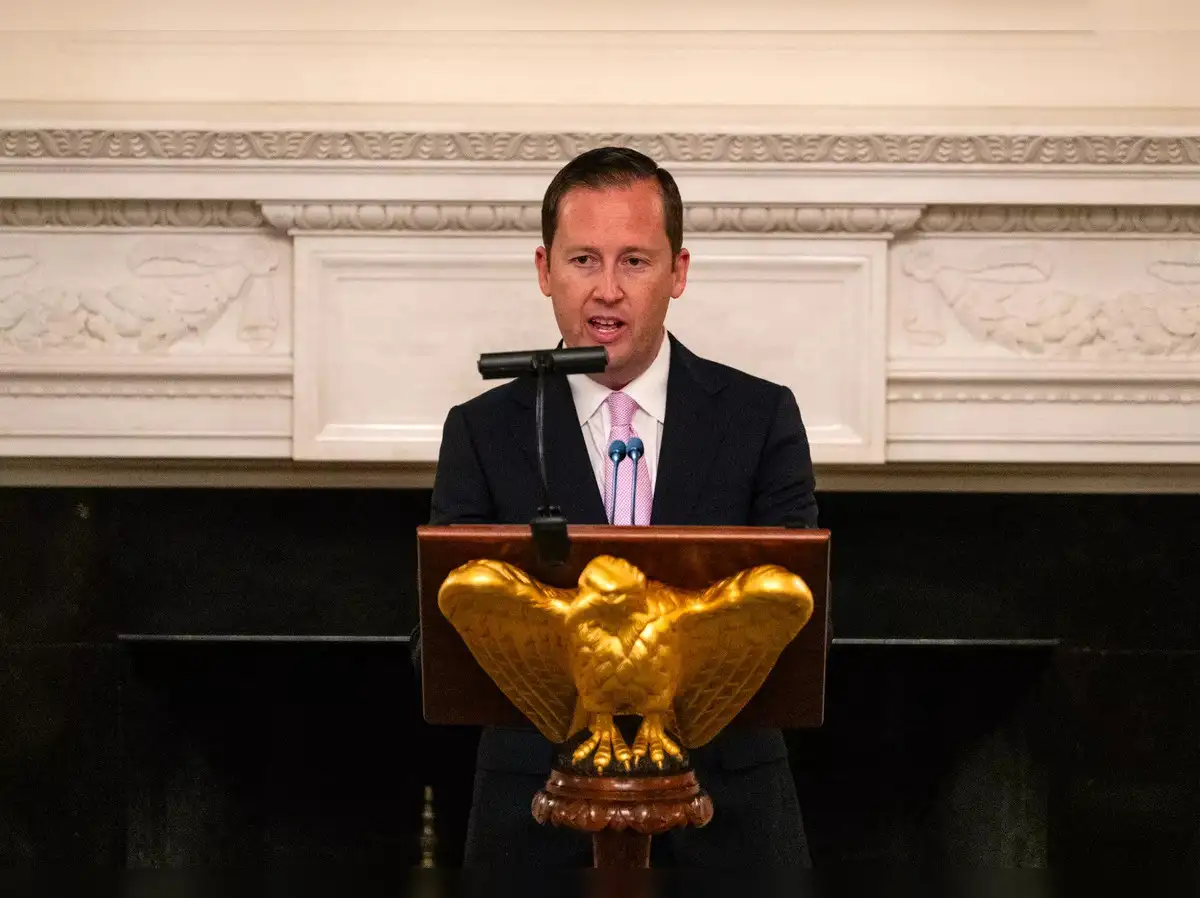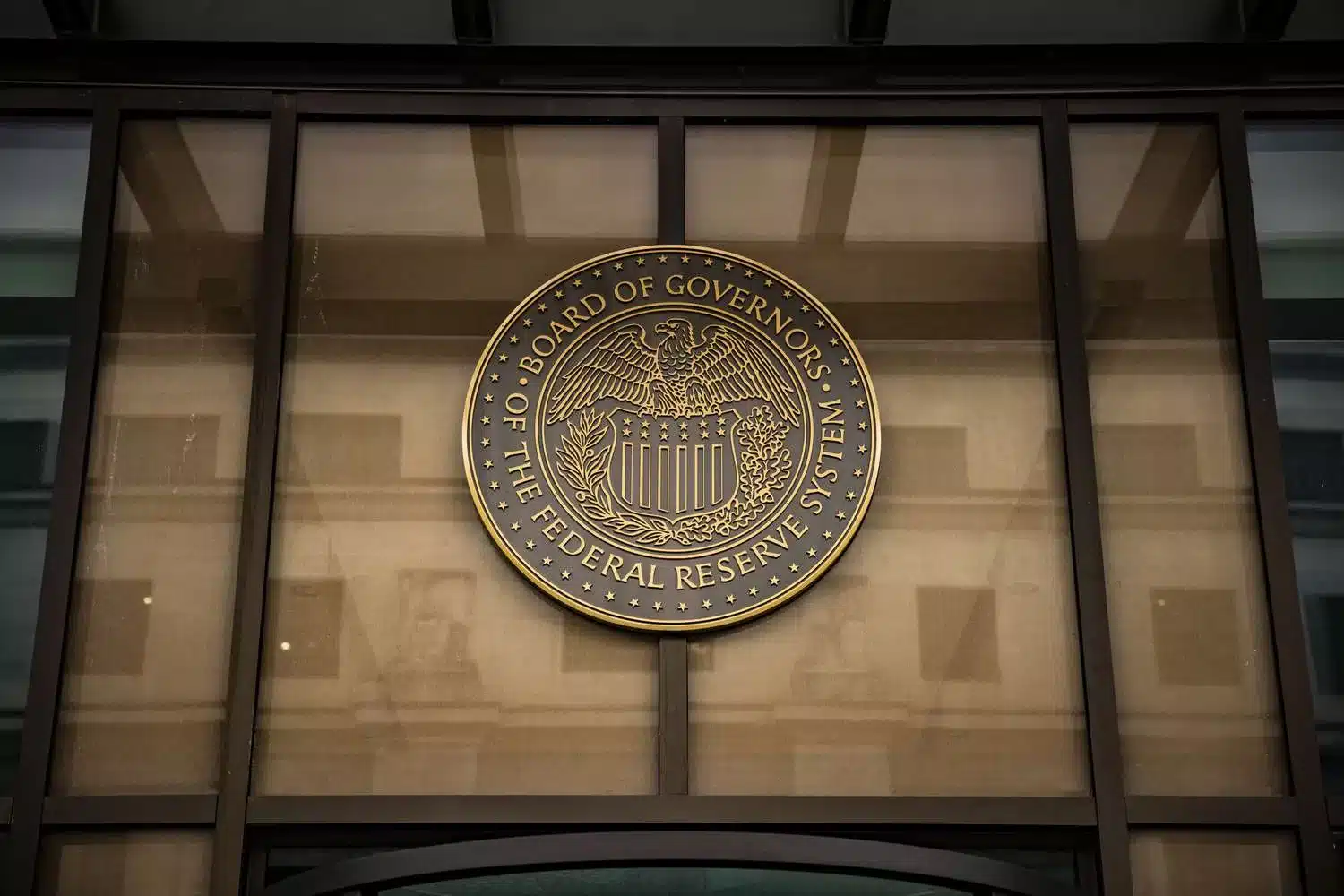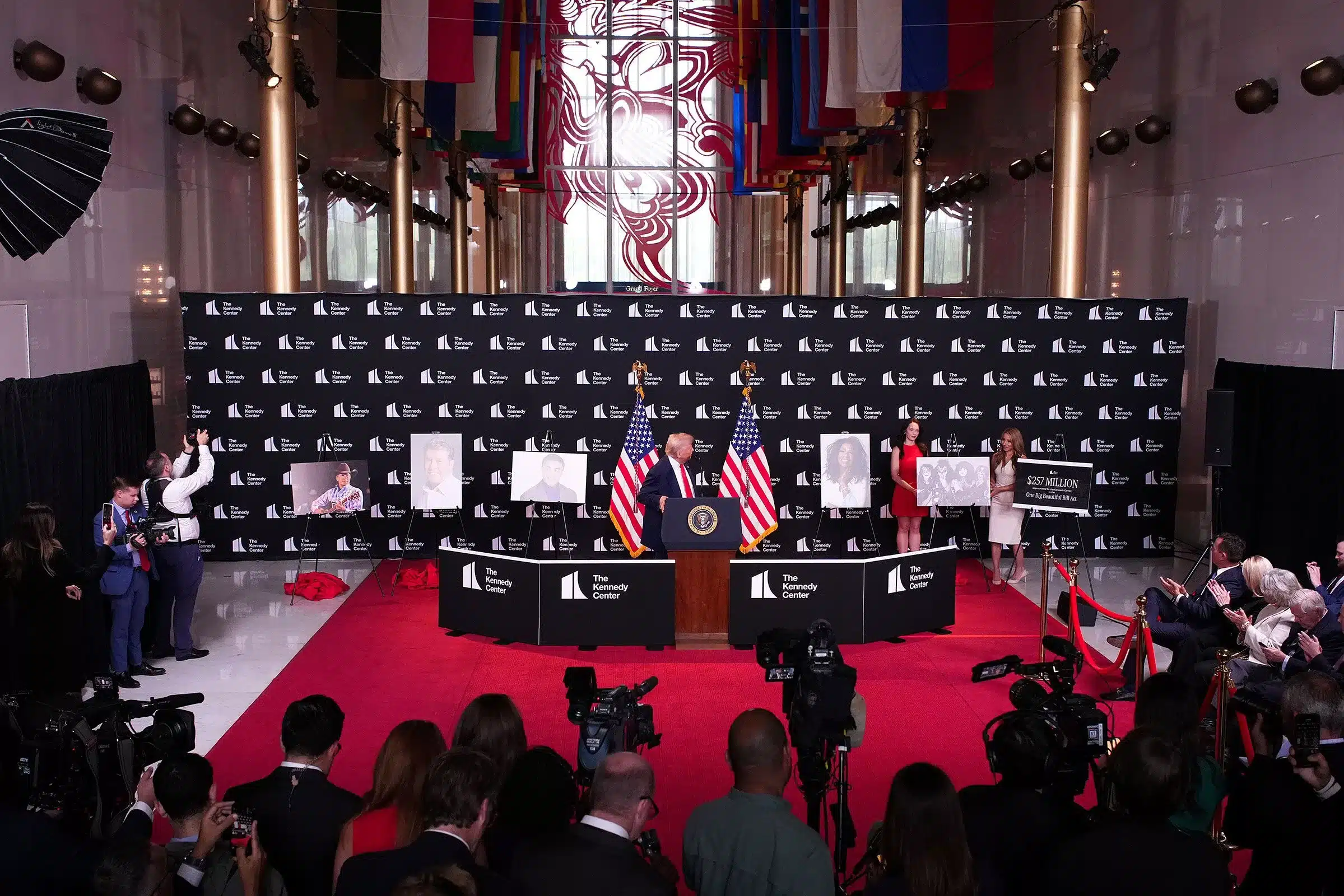Kilmar Abrego Garcia, a Salvadoran man at the center of a complicated and controversial immigration case, could be deported to Uganda in the coming days, according to a senior Department of Homeland Security official.
A notice obtained by CBS News confirms that the U.S. government has formally signaled its intent to remove him to the East African nation under a “third country” deportation arrangement.
The move comes just hours after Abrego Garcia was released from pre-trial detention in Tennessee on Friday. His lawyers received a court-required notice stating that Immigration and Customs Enforcement (ICE) could deport him to Uganda “no earlier than 72 hours from now,” excluding weekends. This development follows months of legal back-and-forth and a prior botched deportation that has drawn widespread attention.
Earlier this week, CBS News first reported that Uganda had agreed to accept deportees who are not its own citizens, joining a growing list of countries that have signed agreements with the Trump administration. These controversial “third country” deals allow the U.S. to send undocumented immigrants to nations with which they have no direct ties.
Abrego Garcia, a native of El Salvador, was mistakenly deported there earlier this year despite a 2019 immigration judge’s ruling that he could not be removed to his home country due to a credible fear of persecution by local gangs. After being held in a notorious Salvadoran prison for several months, he was returned to the United States, where he faced federal charges related to human smuggling. His trial is scheduled for January, but a judge recently ruled that he should be released from custody in the meantime.
The Trump administration, however, has long indicated that if Abrego Garcia were to be freed from detention, ICE agents could immediately seek to remove him again. Officials have argued that because El Salvador is no longer an option due to prior court rulings, deportation to a third country is legally permissible. Uganda, under its new agreement with the U.S., has become a possible destination.
The case highlights the administration’s growing reliance on third-country deportation policies, which critics argue undermine the asylum system by sending vulnerable migrants to unfamiliar nations with little support infrastructure. Advocates warn that deporting individuals to countries where they have no family or community ties raises serious human rights concerns.
Abrego Garcia, who previously lived in Maryland with his family before his deportation in March, intends to return there while awaiting trial. His attorneys are now fighting to prevent his removal to Uganda, citing the ongoing legal proceedings and the dangers of sending him to a country where he has never lived.
Last month, Maryland-based U.S. District Judge Paula Xinis ordered that the government must give Abrego Garcia’s legal team at least 72 hours’ notice before initiating deportation efforts. While the ruling does not bar ICE from pursuing his removal, it gives his lawyers a narrow window to challenge the decision in court.
As the situation unfolds, the case of Kilmar Abrego Garcia illustrates both the human cost and legal complexity of the Trump administration’s shifting immigration enforcement strategies. Whether he will remain in the U.S. through his trial or face another deportation, this time to Uganda, remains uncertain.





































































































































































































































































































































































































































































































































































































































































































































































































































































































